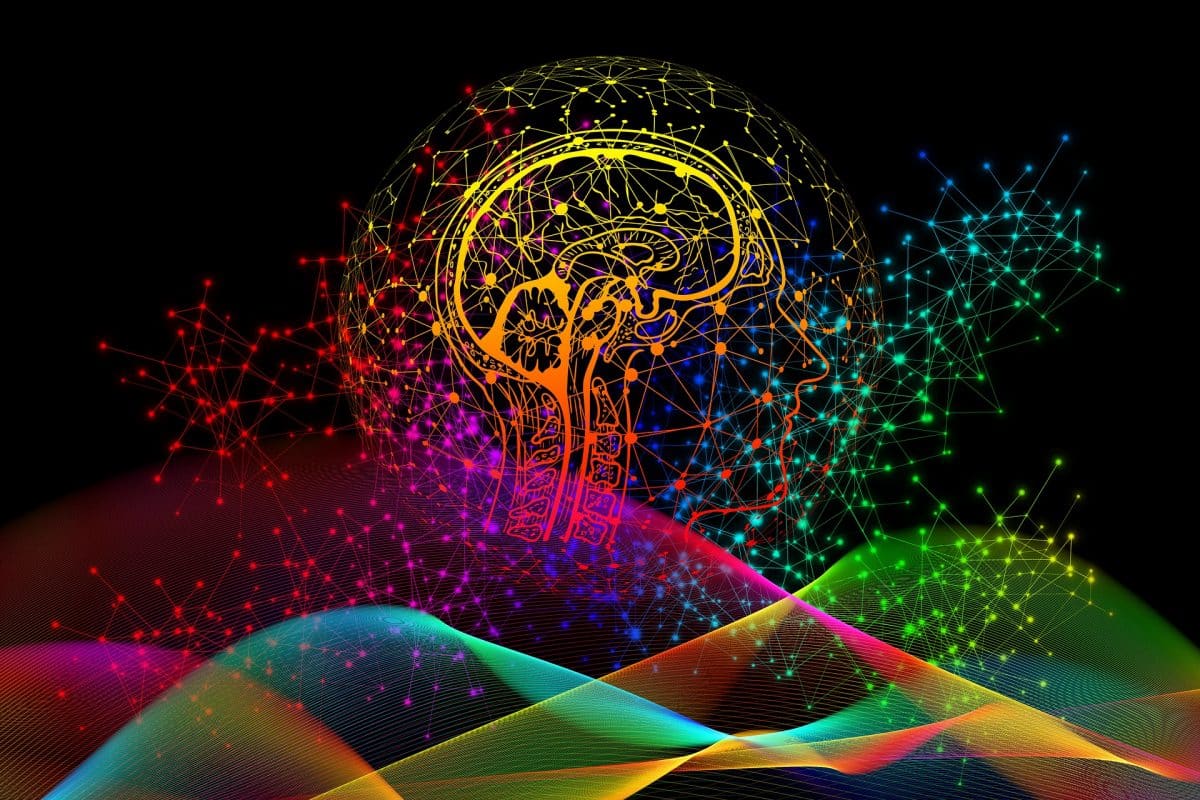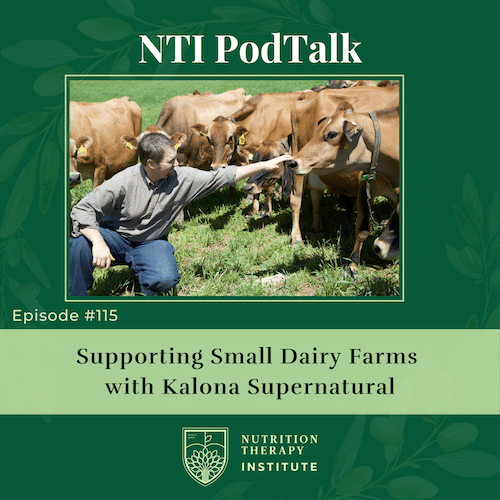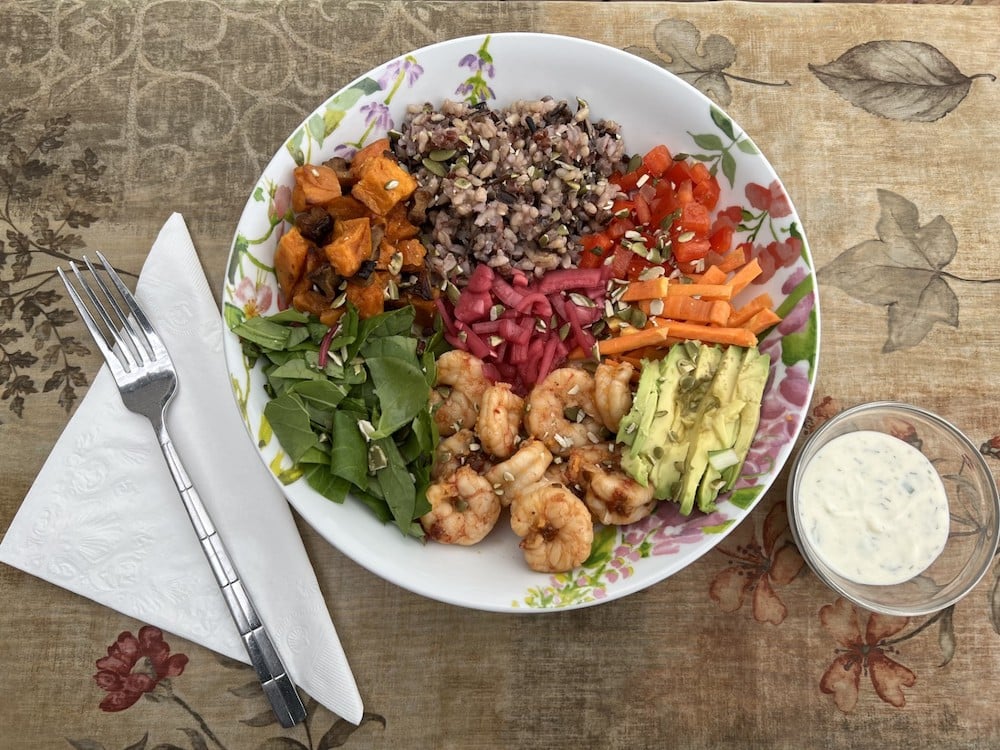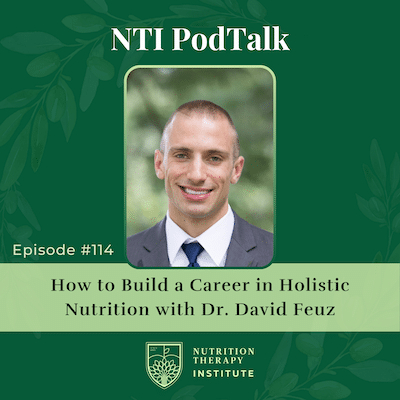
Share this post!
A Course In Nutrition: Learning Your A, B, C’s
Welcome back to Part 8 of our multiple-part series on Vitamins. Today we will be talking about Vitamin B12 – Cobalamin!
In the last blog of this series, we talked about Vitamin B9, Folate.
We highlighted:
- the importance of Vitamin B9
- what health challenges occur when there is a deficiency
- what foods are packed with this very important vitamin
- and, an easy recipe to make sure you’re eating enough Vitamin B9 daily
B Vitamins:
In today’s blog, we will talk about Vitamin B12, also known as Cobalamin. You may have seen the terms cyanocobalamin or methylcobalamin on supplement labels before. There are two other terms you might want to know about. These are dibencozide and hydroxycobalamin.
- Methylcobalamin, dibencozide and hydroxycobalamin are found naturally in foods and in some supplements.
- If supplementation is necessary, these are the forms that you should look for.
- Cyanocobalamin is sold as a supplement and added to fortified foods.
- It is a synthetic form of B12 and is not found in nature.
- This would not be a recommended form for supplementation.
As a reminder, all of the B vitamins are water-soluble…..which means our body doesn’t store them for a long time and it’s important to eat foods rich in this nutrient, every single day.
As has been the case with the other B vitamins we’ve discussed, cobalamin is also important for energy production. It allows for healthy red blood cell production, which then allows for healthy oxygen distribution, which then allows for more strength and stamina….and who wouldn’t want more of that? However, B12 has many other very important functions, too. And, it’s because of these other functions that cobalamin is my favorite vitamin. Shhhh…..don’t tell the other vitamins my secret.
Vitamin B12 Deficiency:
It was nearly 15 years ago when I came across a study about dementia and vitamin B12 deficiency. The research tracked residents in a nursing home who were diagnosed with dementia. They were placed in the nursing home because of their dementia. As fate would have it, someone decided to test the B12 levels of the residents. Many were very deficient in cobalamin, so supplements were added to their daily routine. After a window of time, nearly 40% of the residents improved cognition to nearly normal levels. Improving cognition of these residents made a huge difference in their quality of life.
I have tried desperately to find this exact study but have been unsuccessful. This was back in the day when medical research was a ‘for fee’ service. I did, however, find current research that highlights the correlation between B12 deficiency and dementia. That study, all those years ago, changed how I looked at health. I decided, right then and there, that I would make sure my diet had foods rich in cobalamin. I knew that it would be better to prevent dementia than try to recover from it.

B12 is crucial for all brain health, not just dementia. Additionally, it’s very important for nerve health, too.
Have you ever heard of peripheral neuropathy? This is a condition where the nerves in hands and feet start to die. This can happen to anyone, but diabetics are at a very high risk. Sadly, the consequences can be devastating. If left untreated, the damage caused by neuropathy can potentially lead to infection and limb amputation.
It would be fair to say that most of us want to preserve brain and limb health. So, what would cause us to be deficient in this important nutrient?
Reasons for Low Levels of B12:
Low Stomach Acid
Two steps are required for the body to absorb vitamin B12 from food. First, hydrochloric acid in the stomach separates vitamin B12 from the food containing it. After this, vitamin B12 combines with a protein made by the stomach called intrinsic factor. This combination now allows B12 to be absorbed by the body.
Sadly, many people take anti-acids every single day for their heartburn or GERD. These are pills like TUMS, Prilosec, Nexium, etc. If they are suppressing acid production, it is very difficult to separate cobalamin from the food to allow for absorption. And, though it sounds counter-intuitive, most people taking anti-acids actually have too little stomach acid, not too much. (I would encourage you to fall down the rabbit hole and look at the research that explains how this happens.)
Normal aging slows down optimal acid production, too.
There are bitter greens that help optimal acid production. These would include:
- Mustard greens
- Radicchio
- Kale
- Arugula
- Dandelion greens
I would encourage you to add these to your diet to improve B12 absorption.
Vegan Diet
Cobalamin can only come from animal sources, so eating a strictly vegan diet requires supplementation.
Clams and liver contain lots and lots of B12. Trout and salmon also contain a good amount.
Celiac Disease
Celiac disease can damage the part of the small intestine where iron, folate, and B12 are absorbed. This damage leads to reduced nutrient absorption. Reduced absorption means the body may not get enough of these nutrients.
Following a strict, gluten-free diet will be crucial in preventing further intestinal damage. Supplementation will be beneficial, too.
Type 2 Diabetes
As was mentioned above, peripheral neuropathy is a common consequence of diabetes. And unfortunately, the most commonly prescribed medication for diabetes, Metformin, also causes a cobalamin deficiency. The council of American Family Physicians suggests routine monitoring of B12 levels to make sure they don’t drop too low.
Optimal Levels of Vitamin B12
Now that you’ve read about the importance of cobalamin and some of the reasons you could be deficient, it’s important to know if you have adequate amounts to protect your brain and nerves.
In the USA, the medical guidelines state that a blood level of 200-950 pg/ml is ‘normal’. And, Mayo Clinic states that the range should be between 180-915. However, it’s really important to understand that in Europe and Japan, the guidelines state that any blood value under 500 pg/ml is too low.
There are many physicians in the US that are pushing for the guidelines to be changed to the European model. Here is an excerpt from a fascinating article I recently read:
“The United States is experiencing a mental health crisis—diagnoses of depression, anxiety, bipolar disorder, and dementia are steadily increasing each year, and alarmingly so in children and young adults. While mental illness is a very real and serious health issue, we are coming to understand that low levels of vitamin B12 can lead to some of the same symptoms as these neurological illnesses. According to Glenn Catalano, MD, a psychiatrist at the University of South Florida College of Medicine, B12 deficiency is a commonly overlooked cause of psychiatric illness, including depression, irritability, anxiety, and dementia. In order to avoid the development of neuropsychiatric symptoms, some experts recommend that B12 levels should be at least 600 pg/mL, and over 1,000 pg/mL to maximize mental functioning.”
RDA Requirements of B12
The RDA recommends consuming 2.4 micrograms of cobalamin every day. Many consider this dietary suggestion too low. Striving to eat 5.0 to 7.5 micrograms each day seems to be beneficial for nearly everyone. Additionally, studies have found that taking supplement doses of 1,000 micrograms per day is well-tolerated.
- 3 ounces of clams contain a whopping 84 mcg.
- That means only 1 ounce has 28 mcg.
- A little goes a long way.
- 3 ounces of beef liver contains 71 mcg.
- Only 1 measly ounce of liver has over 23 mcg.
- 3 ounces of salmon and/or trout contains 5 mcg.
If you are concerned that you might be deficient in Vitamin B12 and want some guidance to get your health and nutrition back on track, I would encourage you to reach out to a Nutrition Therapist Master. They will be honored to help you on your journey to improved health.
B12-Rich Recipe

Since you can see how high clams are in B12, its easy to understand why I’d give you a clam chowder recipe to fulfill your nutrient needs. And, I’m sharing a crock pot recipe I saw on TV last winter. Super nutritious and easy to make. Who could want more?
INGREDIENTS:
- 2 (6 1/2 ounce) cans clams
- 1/4 lb bacon
- 1 medium onion, chopped
- 2 stalks celery, chopped
- 1 carrot, finely chopped
- 3 -4 potatoes, pared and cubed
- 1 1⁄2 cups water
- 1 3⁄4 teaspoons salt
- 1⁄8 teaspoon pepper
- 2 cups half-and-half or 2 cups milk
- 1 1⁄2 – 2 tablespoons cornstarch (optional)
DIRECTIONS
- Saute bacon celery, carrot and onion until golden brown; drain.
- Put clams in crock pot with bacon.
- Add all remaining ingredients, except milk or half-and-half.
- Cover and cook on High 3-4 hours or Low 6-8 hours
- Add 1 cup milk or half-and-half and cornstarch last hour of cooking.
- Add remaining milk or half and half before serving.
STOVE TOP INSTRUCTIONS:
- Place all ingredients EXCEPT milk and cornstarch in kettle.
- Simmer on low heat for 45 minutes.
- Mix cornstarch into milk and add to kettle.
- DO NOT BOIL.
- Heat to warm, then serve.
Bon Appetit
About the Author: Dr. Becky Spacke, teaches holistic nutrition courses at Nutrition Therapy Institute. In addition, she has a private practice, working with people at risk of developing Alzheimer’s Disease.
About Nutrition Therapy Institute’s Holistic Nutrition Certification
Nutrition Therapy Institute (NTI) is a leader in holistic nutrition education. Since 1999, NTI has provided students with the highest quality in nutrition training by offering comprehensive holistic nutrition courses online and in-person to help students achieve thriving careers as holistic nutrition therapists in the field of holistic nutrition counseling and wellness.
Image: Bit245/istock.com; Image by geralt is free for use by Pixabay; Image by jeffreyw is licensed under CC BY-SA 3.0
Share this post!


















